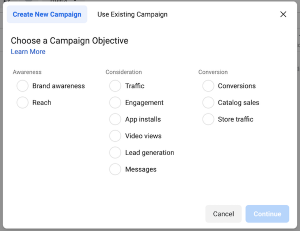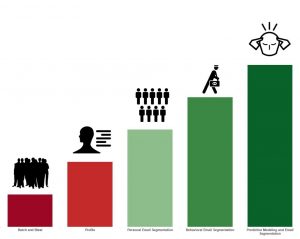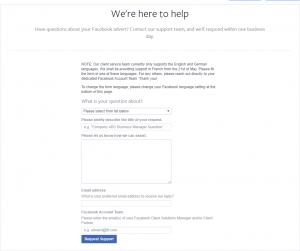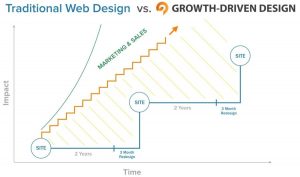The efforts to unionize companies like Amazon and Starbucks have clearly been popular among workers, who have voted to unionize and helped organize locations across the country. But the CEOs of those companies have been less welcoming of the labor movement.
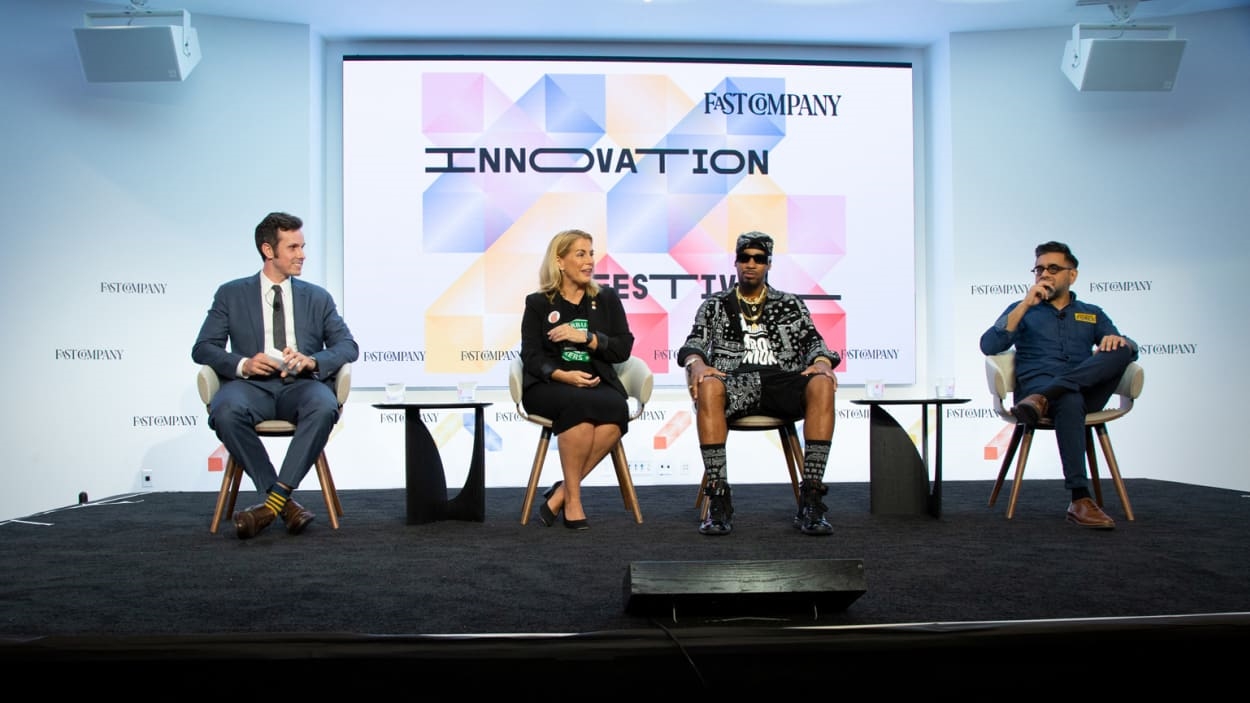
When asked if he could ever see himself embracing the union, Starbucks CEO Howard Schultz said “no.” After Christian Smalls, now president of the Amazon Labor Union, was fired for organizing a protest at the Staten Island Amazon warehouse, the company’s executives, in a meeting with then-CEO Jeff Bezos, labeled him “not smart or articulate,” and planned to make him the face of the organizing movement in an attempt to discredit it. Amazon executives have yet to bargain with the union on a contract.
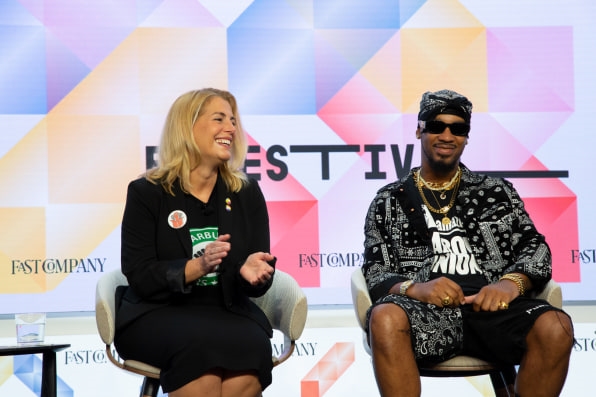
CEOs, though, should embrace unions—not only to benefit their workers, but to benefit themselves and their companies too, said Sara Nelson, president of the Association of Flight Attendants-CWA, at the Fast Company Innovation Festival on Wednesday.
“The CEOs, actually, have lost power in this unchecked capitalism state,” Nelson said. “So actually forming unions and fighting for the tools, the good jobs, the resources to do our jobs, better consumer benefits—those are all things unions provide. And, frankly, we put power back in the hands of the CEO, because the CEO gets to say, ‘no, we can’t do stock buybacks, we have to reinvest in the company,’ which means it’s going to be better for the consumers.”
Of course, all that is predicated on CEOs being “actually interested in running a good company,” Nelson added. But she’s had experience getting executives on board with that line of thinking before. In March 2020, Nelson talked with CEOs about how to save the airline industry, who agreed to union demands to ban stock buybacks and cap executive compensation. “Why did they agree to those things so quickly? Because they knew that they couldn’t have the pressures from Wall Street in the middle of a disaster. They wanted that taken off the table, and we made that happen. That was the union demand.”
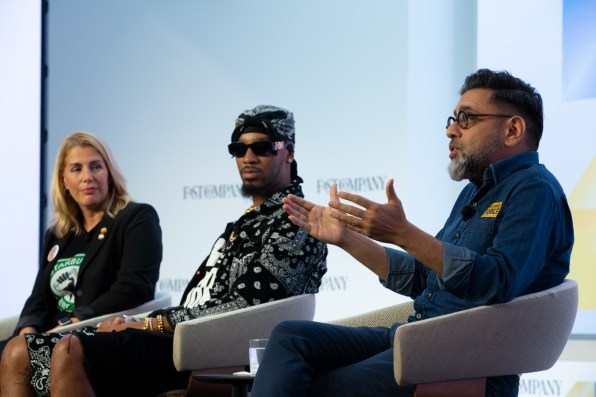
What CEOs need to know about unions, she added, “is that you’re gonna run a better company, you’re gonna have better success, and you’re probably gonna have more control of your company when you have unions on the property.”
Nelson was speaking on a panel with Smalls and Saket Soni, executive director of the nonprofit Resilience Force, which advocates for disaster recovery workers. Smalls and Soni also shared what they want CEOs to know about the labor movement. “What CEOs should expect is that workers are coming, and workers are gonna fight back,” Smalls said. “We’re not gonna go away. We’re not gonna allow them to continue to sweep things under the rug any more.” Smalls also called on Amazon tech workers, who he says have a more direct line of communication to upper management than those in warehouses, to stand in solidarity with organizing workers.
Soni added that CEOs need to know about the reality of their workers’ experiences—and their worth. He told the story of Mariano Alvarado, a Honduran man who slipped and fell off a roof he had been fixing when his boss forced him to continue working during a rainstorm in Florida, and went into a coma (he has since recovered).
“Mariano, to me, is a highly skilled worker. The popular culture, I think, imagines that Mariano is just an extra pair of hands. Most people would refer to what he’s doing as clean-up work,” Soni said. “I’ve tried to reposition Mariano in the eyes of CEOs and the investor community as a skilled and deeply responsible worker who courageously tries to complete his work. . . . That’s the only shot we have at recovering and being okay in this really volatile era.”
Fast Company , Read Full Story
(7)



